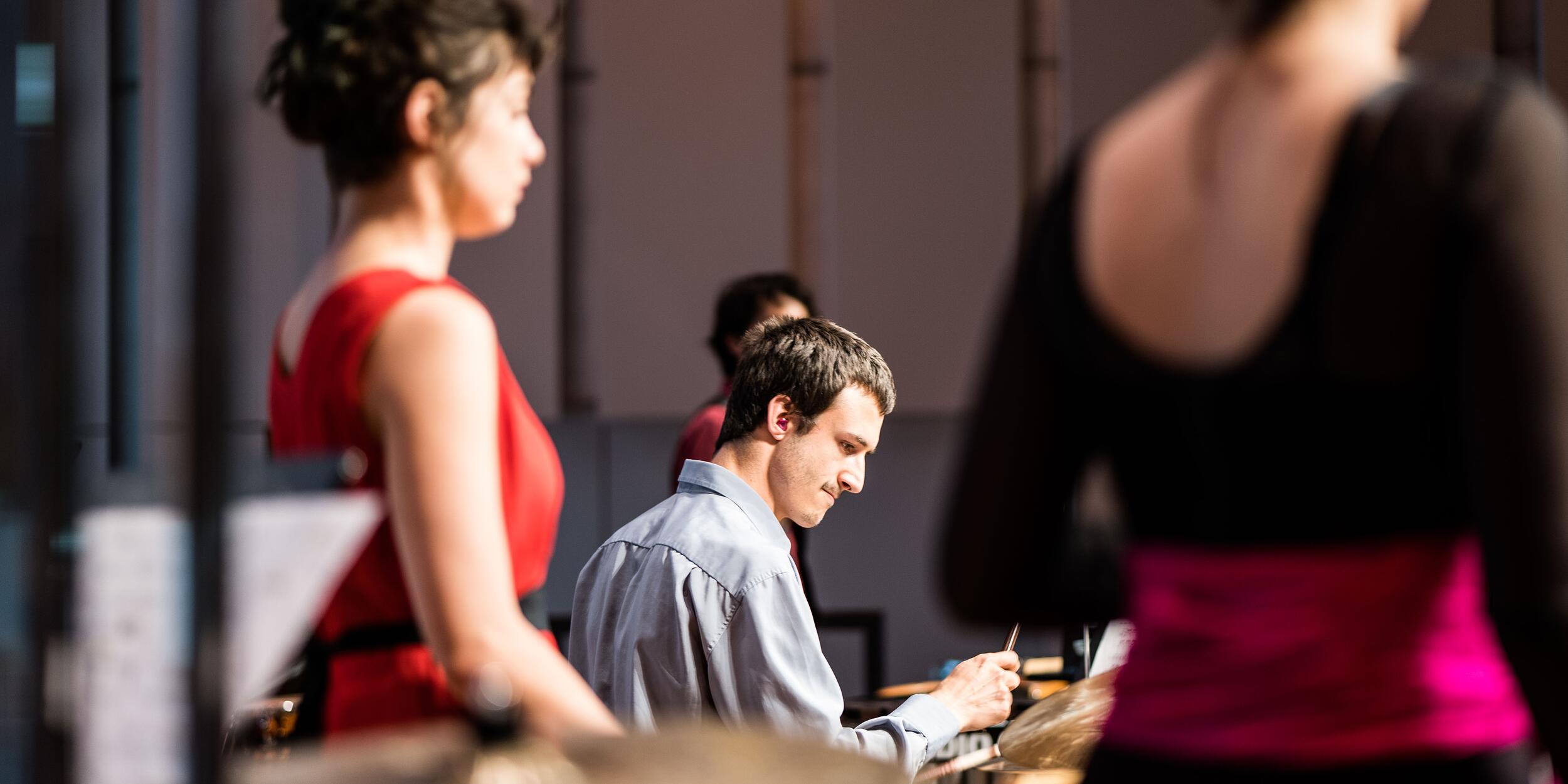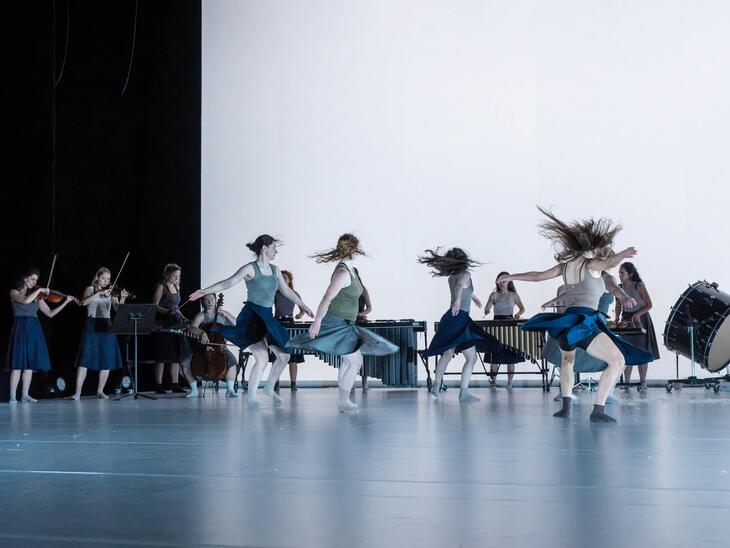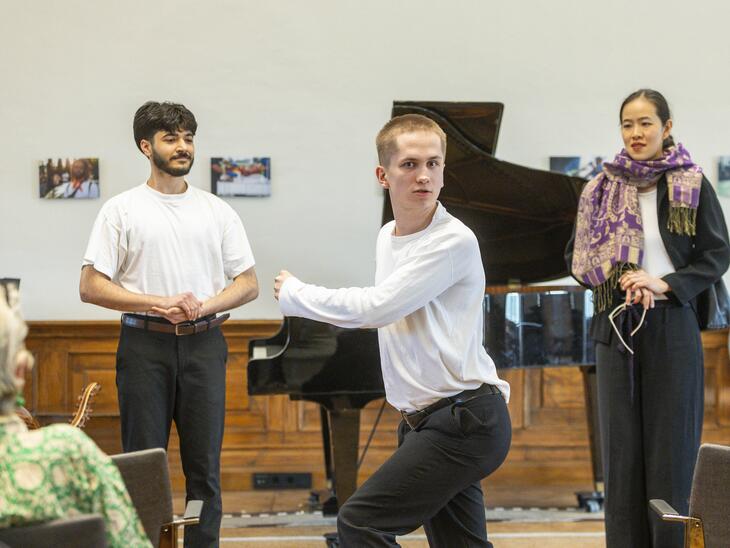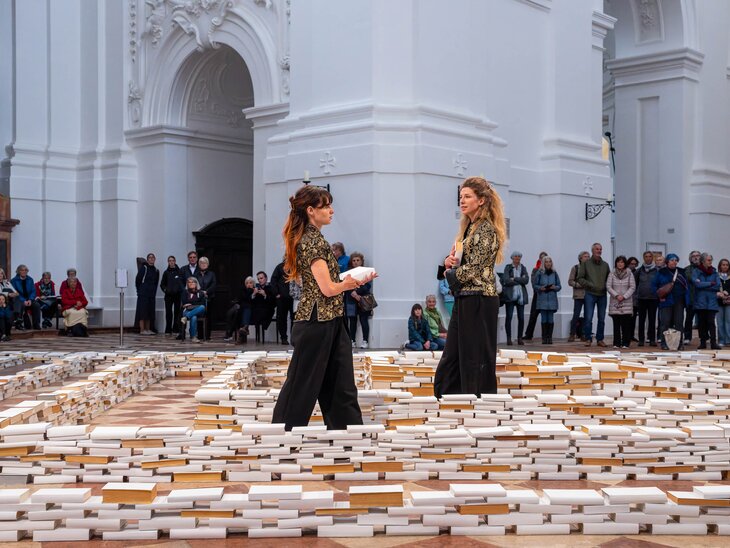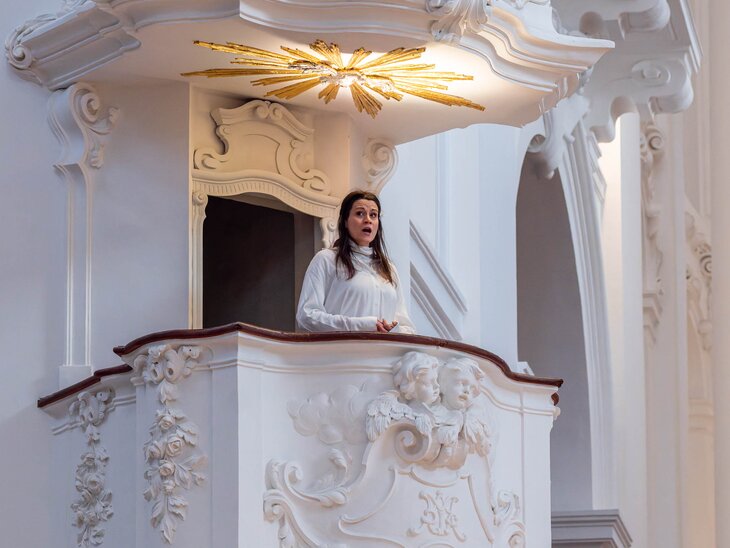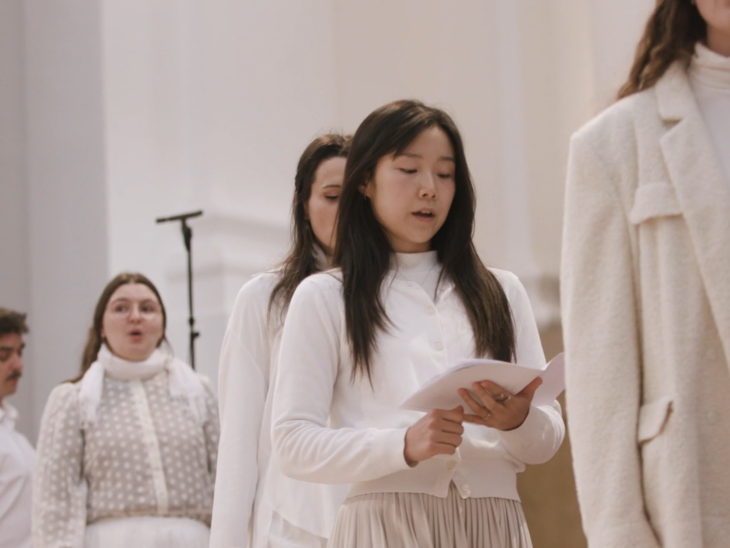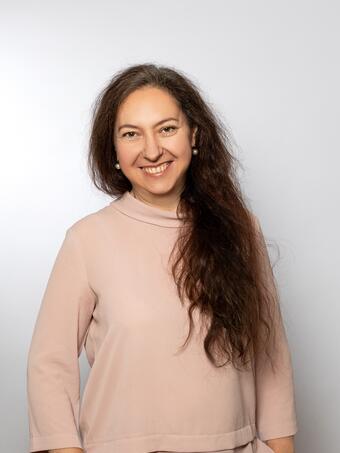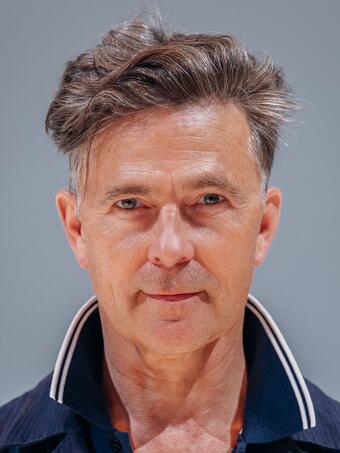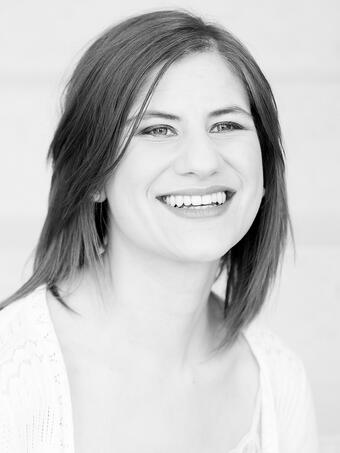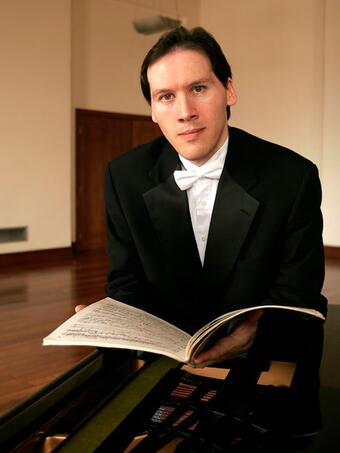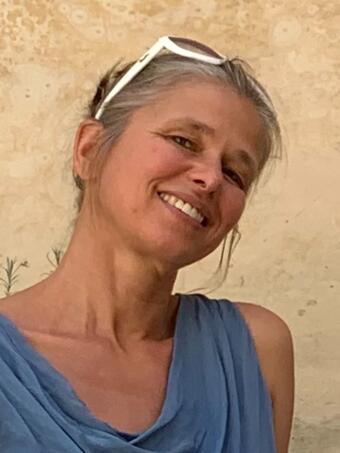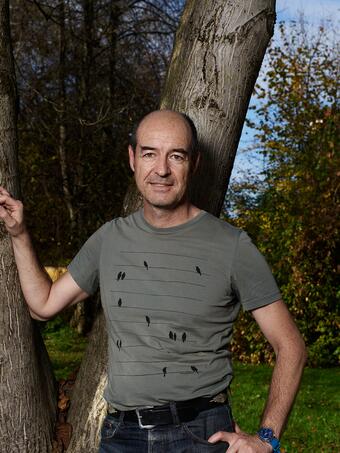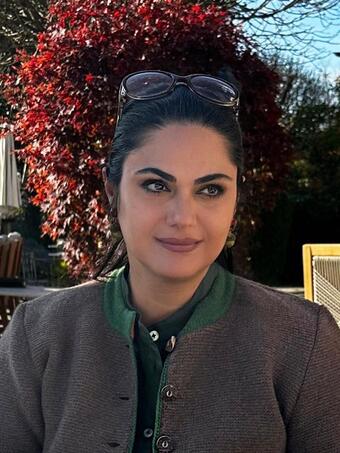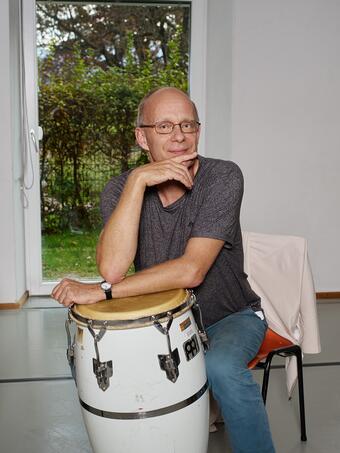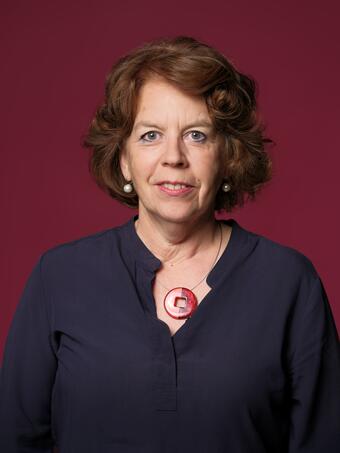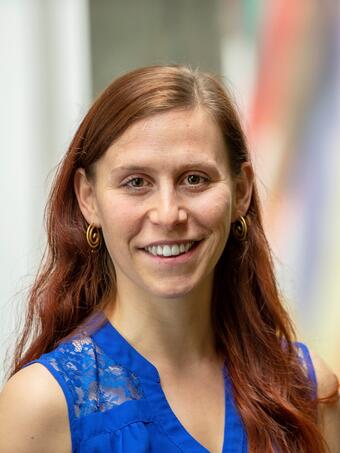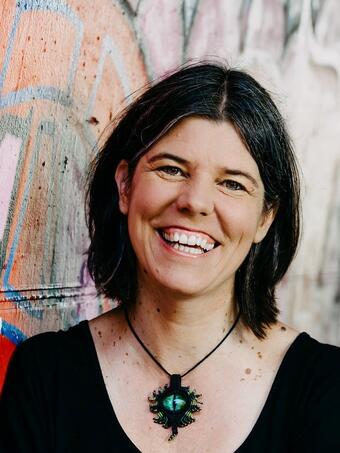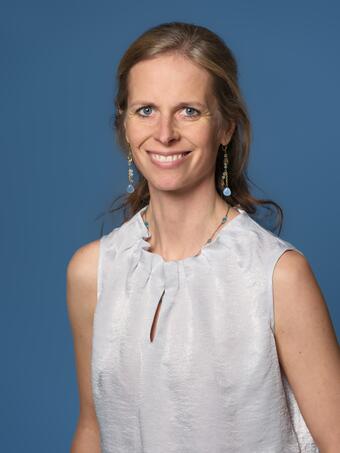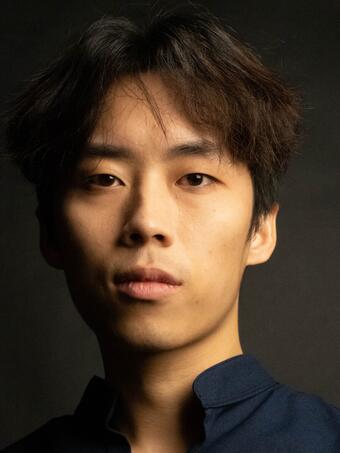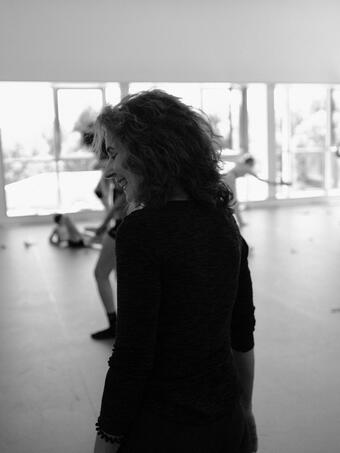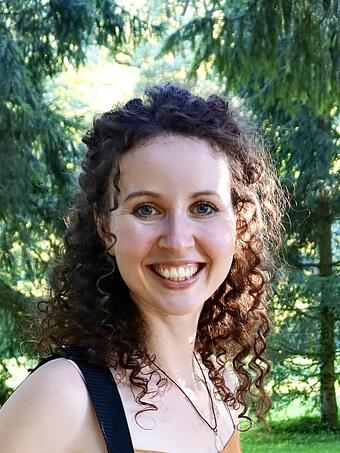The entrance examination consists of the following sections, all of which must be passed:
A - Pedagogical aptitude (leading a group)
The focus of this part of the examination is to determine candidates’ aptitude for artistically oriented teaching practice with groups. Candidates will work with a group (usually fellow candidates) on a piece of their own choice (possibly a piece they have composed themselves) that they have prepared in advance, e.g. song or canon with or without accompaniment (body percussion, instruments, movements, gestures, dance), traditional dance or excerpt of a choreography, spoken word piece, simple ensemble piece (instrumental, vocal). The candidate must bring to the examination three copies of the material used, including the corresponding source information (e.g. sheet music, spoken piece, choreographic sketch, music selection) as well as three copies of their lesson plan (broken down into steps). The teaching demonstration will be evaluated afterwards.
B - Instrumental or Vocal Audition
Requirements for vocal auditions:
- Three pieces of different periods and characters are to be performed from memory. The pieces to be performed must be solo pieces with accompaniment (no choir parts).
- Solving an improvisation task (e.g. playful vocal realisation of a spontaneously given theme).
- Sight Singing.
Requirements for instrumental auditions:
- Three pieces of different periods and characters are to be performed; it is not necessary to perform from memory.
- Solving an improvisation task (material will be provided in the exam) on the instrument.
- Sight reading.
C - Practical music skills (general musical aptitude; vocal aptitude)
Requirements: General musical aptitude
All applicants must demonstrate their skills in percussion, which is determined by participation in an ensemble class under the direction of a teacher. Content will include question and answer games, imitation and coordination exercises.
Requirements: Vocal aptitude
All applicants will take a voice test, to include:
- Two short pieces of different character and style, to be sung unaccompanied and from memory. (For pieces with several verses, a maximum of two verses.) One of these should be sung in German and one should be a folk song.
- Recital of a short text of the candidate's choice (poetry, prose, etc.). This is to be recited from memory and should be considered a creative performance. It should last approx. one to two minutes.
D - Practical dance skills (general aptitude in the group; solo study)
Requirements - general aptitude in a group:
Participation in a dance technique class (contemporary), examination in the group under the guidance of a teacher, including but not limited to the following elements: Guided warm up, realisation of movement material provided in the exam both on the spot and moving through the room, rhythmic exercises, contact and spatial orientation exercises, variation and interpretation of movement material and improvisation. (Duration approx. 45-60 minutes.)
Requirements - Solo study:
Performance of a prepared, individually designed movement/dance study on a freely chosen topic, e.g. presentation of a movement-exploration or dance movement scene, with movement material to be chosen by the candidate. The study can be designed with or without music and/or include other elements supporting or sustaining the performance (text, image, object, etc.). (Duration: minimum three to maximum five minutes.) This is followed by a short discussion on intention and process. Students should be prepared for the possibility of being asked to perform a spontaneous task relating to what they have presented, or to answer questions on their previous dance experience.
E - Music theory and aural skills
Examination of basic knowledge of general music theory (written and oral) including an aural test.
Requirements in the written part of the examination (approx. 60 minutes):
- Notation of melodies from memory
- Continuation of given melodies
- Composing a short melody for a given text
- Noting down one-part and easy two-part melodic dictations as well as rhythmic dictations
- Forming all triads and seventh chords including inversions (especially dominant-seventh chords in root position and 3rd inversion)
- Recognising and writing down simple figured basses as well as harmony functions and harmony steps in a musical context.
Requirements in the oral part of the examination (5-10 minutes):
- Sight-reading
- Recognising and naming intervals and simple chord progressions
- Singing triads (in inversions) and dominant seventh chords (in root position only)
- Identification of harmonic steps and dissonant neighbour notes
- Extended cadence in major and minor in two different keys (on piano or guitar)
Sample exam questions and further help for preparation can be found HERE.
F - German language skills
- Required language level: at least B2 (Common European Framework of Reference CEFR 2001)
- Information on the German examination as well as the recognised certificates can be found HERE
After passing Partial Examination A, you will be admitted to Partial Examinations B-D (possibly in a different order). The repetition of the sub-examinations A-C in case of failure is not permitted. The admission examination can only be repeated in its entirety and only in the next academic year. The admission examination can be repeated an unlimited number of times.

